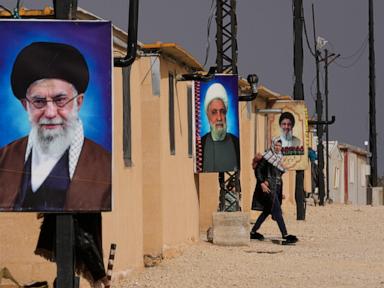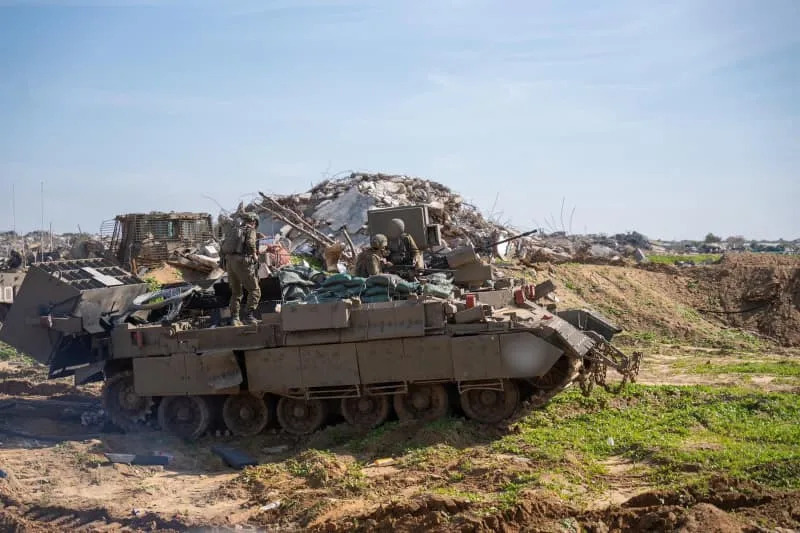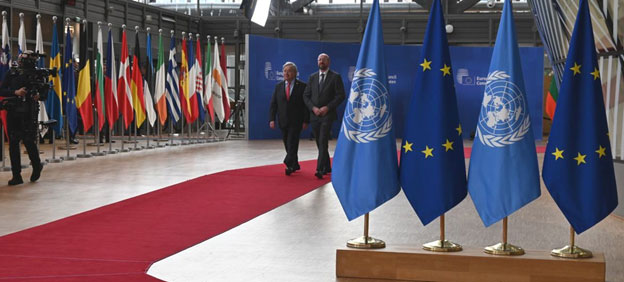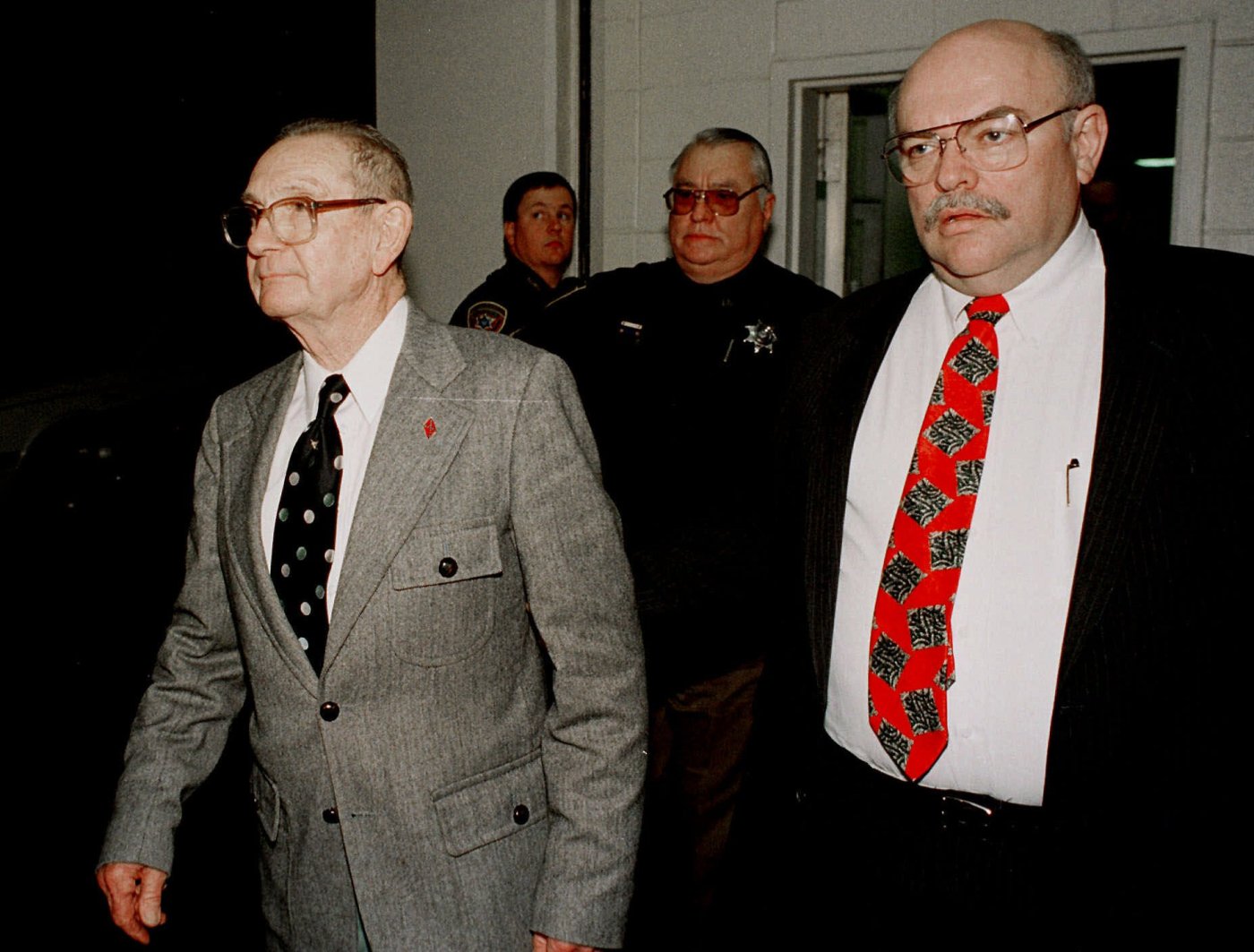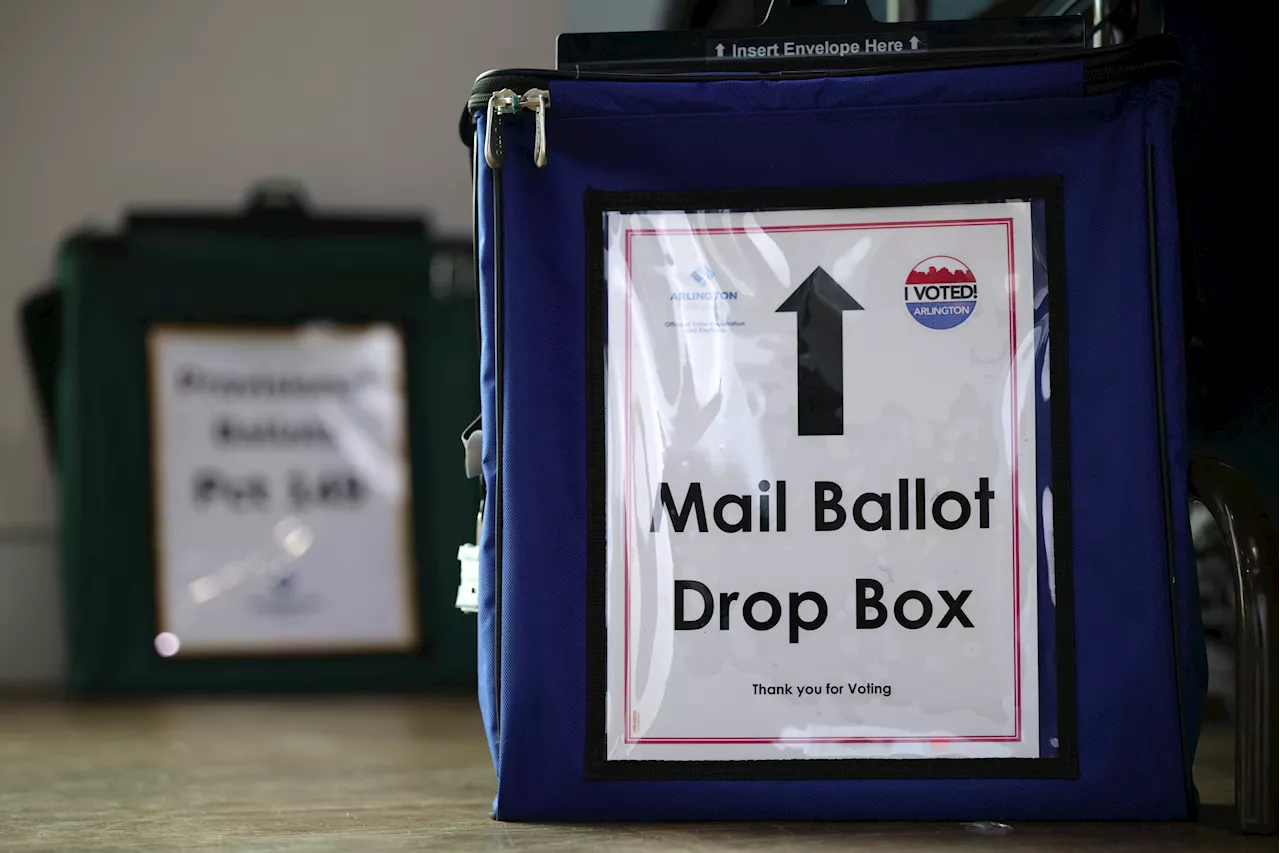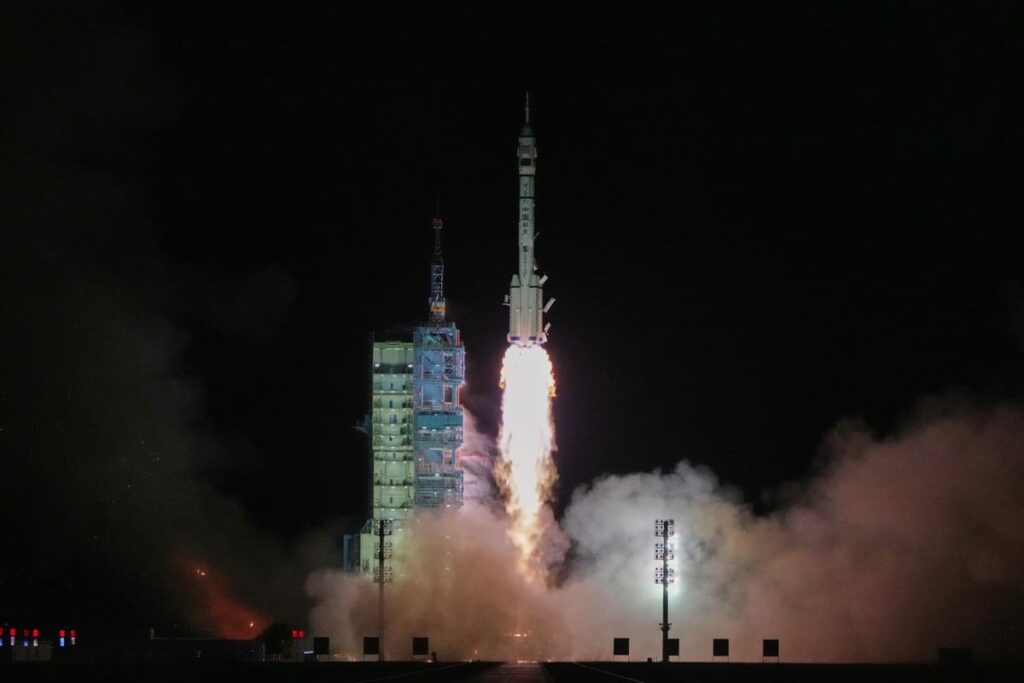
Three Chinese astronauts, having spent six months aboard the Chinese space station, face an indefinite delay in their return to Earth due to concerns that their spacecraft, the Shenzhou-20, may have sustained damage from space debris. The China Manned Space Agency announced that an impact analysis and risk assessment is necessary before the astronauts can safely depart. The original plan was for Chen Dong, Chen Zhongrui, and Wang Jie to leave the space station on March 27, 2024, but no new departure date has been provided.
The agency emphasized that prioritizing the safety of the astronauts and the success of their mission is the main reason for the delay. Currently, a new crew of astronauts is already at the space station, waiting to replace the current team. All six astronauts will remain aboard the craft until the situation is resolved.
This incident echoes a previous scenario involving two American astronauts who were stranded for nearly a year at the International Space Station. In that case, a malfunction in their Boeing Starliner spacecraft led NASA to determine that the vehicle was too risky for their return. Astronauts Sunita Williams and Barry “Butch” Willmore eventually returned to Earth in March 2023 aboard a SpaceX Dragon craft, after a mission that extended to 286 days instead of the planned eight.
While the Chinese astronauts’ situation is serious, there is currently no indication that they will experience a delay of a similar duration.
China has significantly increased its investment in space exploration in recent years, fueling a new race to return humans to the Moon. Ambitious plans are underway for constructing nuclear reactors on the lunar surface, aimed at supporting a permanent settlement. These developments are seen as essential for future manned missions to Mars. Notably, China and Russia are collaborating on a lunar reactor, which they hope to deploy by 2035.
In response to these advancements, Sean Duffy, the interim administrator of NASA, is fast-tracking plans for an American mini-nuclear reactor intended for deployment on the Moon. Duffy highlighted the urgency of the situation, stating, “We’re behind. If we’re going to engage in the race to the Moon and the race to Mars, we have to get our act together.”
As the situation with the Chinese astronauts unfolds, the global space community watches closely, noting the growing complexities and risks associated with space travel and exploration.
